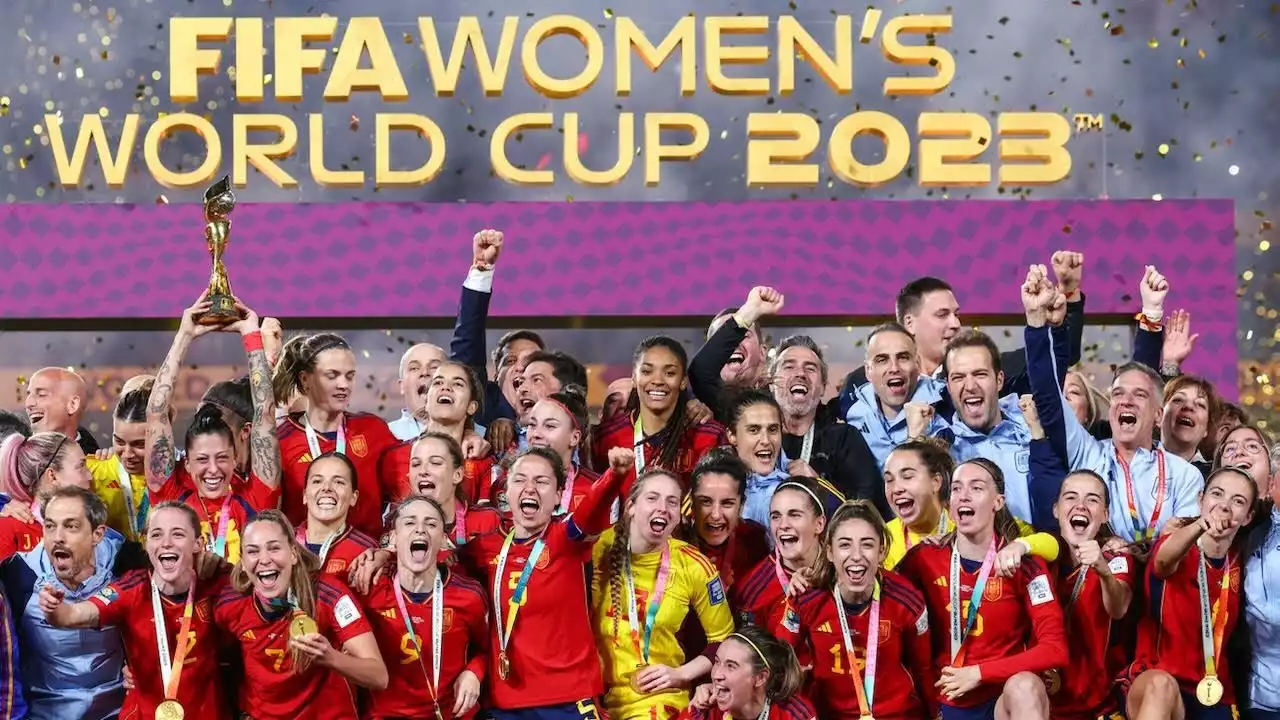The first FIFA Women's World Cup - 1991
The inaugural FIFA Women's World Cup in 1991 set the stage for the countless memorable moments that would follow. Hosted by China, this tournament introduced the world to the immense talent and passion of women's football. One of the standout moments from this tournament came from the United States' Michelle Akers. In the final against Norway, Akers scored an iconic hat-trick, showcasing her incredible skill and determination. This performance not only secured the United States' victory but also established Akers as one of the sport's early legends. Her exceptional display on that day left a lasting impact on the tournament and women's football as a whole.
Another noteworthy moment from the 1991 World Cup was the rise of the Chinese team. Despite falling short in the final against the United States, China's journey throughout the tournament captured the hearts of fans worldwide. Their skillful play and unwavering resilience demonstrated the true potential of women's football and inspired a new generation of players. The 1991 FIFA Women's World Cup was a milestone in the history of the sport, and its memorable moments laid the foundation for future tournaments to come.
USA wins the FIFA Women's World Cup - 1999
The 1999 FIFA Women's World Cup is widely regarded as a watershed moment for women's football. Hosted by the United States, this tournament not only showcased the incredible skill and talent of the players but also brought the sport into the mainstream spotlight. The most iconic moment of this tournament came during the final between the United States and China, which captivated the world with its intensity and drama.
It was a tightly contested match that remained goalless even after extra time. The fate of the tournament was ultimately decided by a penalty shootout. Brandi Chastain, a defender for the United States, stepped up to take the decisive penalty. With nerves of steel, she calmly struck the ball into the net, securing victory for her team. Chastain's exuberant celebration, ripping off her jersey in pure elation, became an iconic image that symbolized the passion and triumph of women's football. The 1999 FIFA Women's World Cup not only marked the United States' second title but also elevated the sport to new heights of popularity and recognition.
Marta's dominance in the FIFA Women's World Cup - 2007
Marta Vieira da Silva, commonly known as Marta, is widely regarded as one of the greatest female footballers of all time. Her impact on the FIFA Women's World Cup is undeniable, and her dominance in the 2007 tournament solidified her status as a true legend of the sport. Representing Brazil, Marta showcased her exceptional skill, agility, and goal-scoring prowess, captivating audiences with her electrifying performances.
In the quarterfinal match against the United States, Marta scored an incredible solo goal, weaving through the American defense to find the back of the net. This goal not only showcased her individual brilliance but also demonstrated the power of women's football to captivate and inspire. Marta's remarkable performance throughout the tournament, including her seven goals in total, earned her the Golden Boot award as the top scorer and propelled Brazil to the final, solidifying her place in World Cup history.
Marta's impact on women's football extended beyond her on-field achievements. Her talent and charisma brought significant attention to the sport, inspiring a new generation of female players and elevating the profile of women's football on a global scale. Marta's dominance in the 2007 FIFA Women's World Cup left an indelible mark on the tournament and further cemented her legacy as one of the greatest players of all time.
Japan's triumph in the FIFA Women's World Cup - 2011
The 2011 FIFA Women's World Cup in Germany provided one of the most remarkable and emotionally charged moments in the tournament's history. Japan, a team that had never won a major international tournament, defied all odds and captured the hearts of fans around the world with their incredible journey to the final.
In the final against the United States, Japan found themselves trailing by two goals early on. However, they displayed unwavering determination and resilience, mounting a remarkable comeback. The highlight of this comeback came from the legendary Homare Sawa. In the 117th minute of the match, Sawa scored a stunning equalizer, showcasing her skill and composure under immense pressure. Japan went on to win the final in a penalty shootout, making them the first Asian team to ever win the FIFA Women's World Cup.
This victory was not just a triumph for Japan but also a testament to the power of perseverance and the ability of women's football to inspire and unite. The 2011 FIFA Women's World Cup will always be remembered for Japan's remarkable journey and their ability to overcome adversity against all odds.
The rise of the United States in the FIFA Women's World Cup - 2015
The 2015 FIFA Women's World Cup in Canada marked a significant turning point for the United States women's national team. After a 16-year drought, they were determined to reclaim their position at the top of women's football. Led by the charismatic and talented Carli Lloyd, the United States showcased their dominance throughout the tournament, culminating in a memorable final against Japan.
In that final, Carli Lloyd produced one of the greatest individual performances in World Cup history. She scored a remarkable hat-trick within the first 16 minutes of the match, leaving the Japanese team stunned and the world in awe. Lloyd's incredible display of skill, precision, and determination propelled the United States to a resounding victory and their third FIFA Women's World Cup title.
The triumph of the United States in the 2015 tournament not only solidified their status as a dominant force in women's football but also showcased the incredible talent and depth of the team. This victory inspired a new generation of players and further elevated the profile of women's football on a global stage.
The Record-Breaking Tournament in 2019
The 2019 FIFA Women's World Cup in France was a record-breaking tournament that pushed the boundaries of women's football and shattered previous records. One of the standout moments of this tournament came from the legendary Brazilian forward, Marta. In the group stage match against Italy, Marta scored her 17th World Cup goal, surpassing the previous record set by Germany's Miroslav Klose. This achievement made her the all-time leading goal scorer in the history of the FIFA World Cup, male or female.
Marta's record-breaking goal was not only a testament to her exceptional skill and longevity as a player but also a symbol of the progress and growth of women's football. It showcased the incredible talent and achievements of female players and highlighted the need for greater recognition and support for women's football worldwide.
The 2019 FIFA Women's World Cup was a milestone event that shattered records, captured the imagination of fans, and propelled women's football to new heights of popularity and recognition. It showcased the immense talent and determination of the players and further solidified the tournament's status as a global spectacle.
The impact of these moments on women's soccer
The FIFA Women's World Cup has provided countless unforgettable moments throughout its history, shaping the sport of women's football and inspiring generations of players and fans. From Michelle Akers' iconic hat-trick in the first tournament to Marta's record-breaking goal in 2019, these moments have left an indelible mark on the tournament and the sport as a whole.
These moments not only showcased the incredible skill and talent of the players but also highlighted the resilience, determination, and passion that define women's football. They shattered stereotypes, captivated audiences, and pushed the boundaries of what was possible in the sport. These moments have played a crucial role in elevating the profile of women's football and inspiring millions of young girls around the world to pursue their dreams on the pitch.
As we look forward to future editions of the FIFA Women's World Cup, we can only anticipate more unforgettable moments that will continue to shape the sport and inspire generations to come. The impact of these moments on women's soccer is immeasurable, and they serve as a reminder of the immense talent and potential that lies within the world of women's football.









